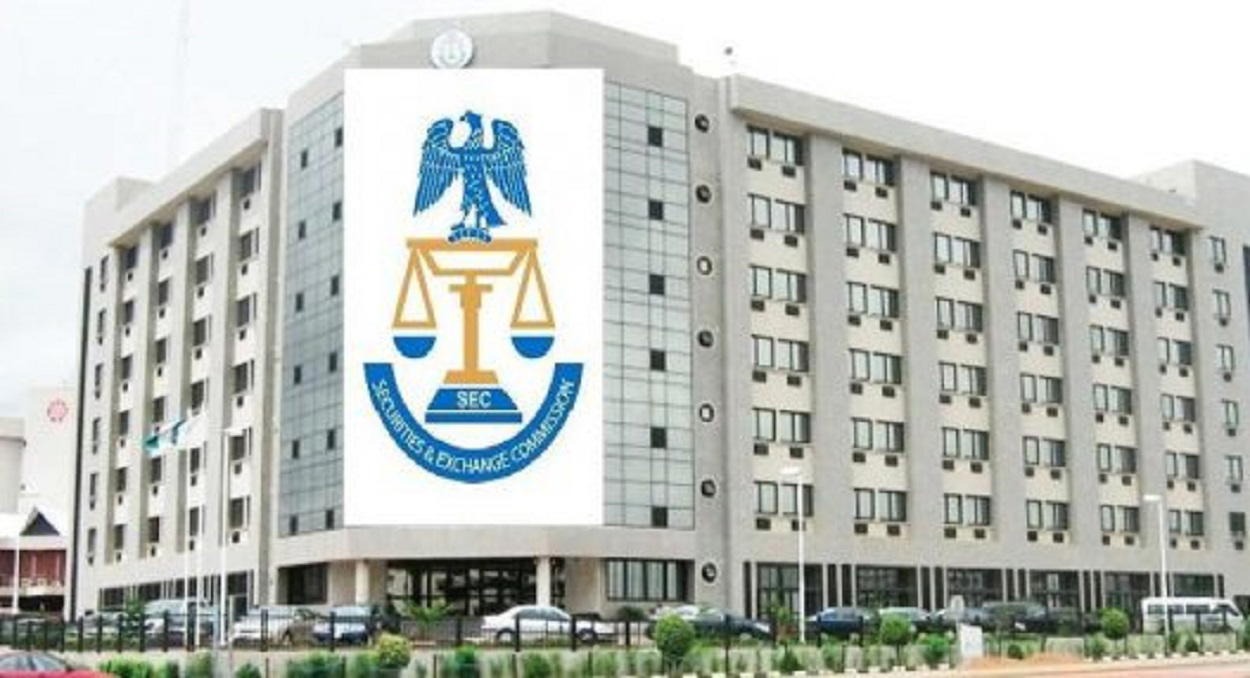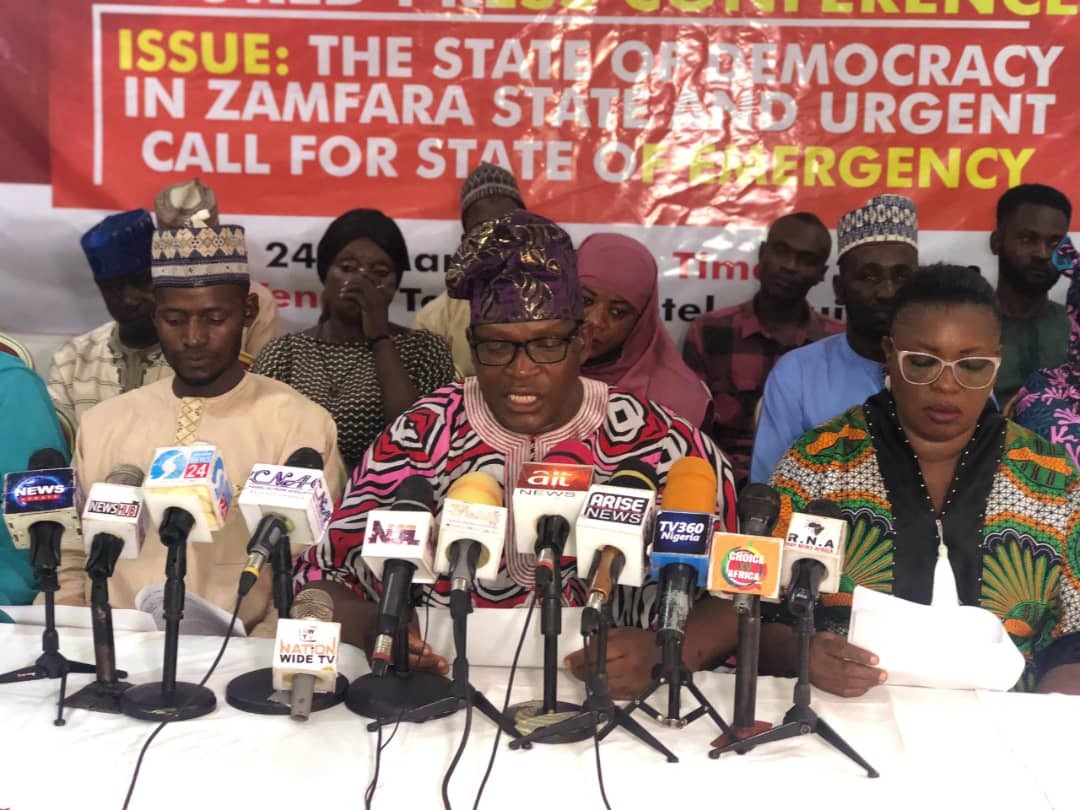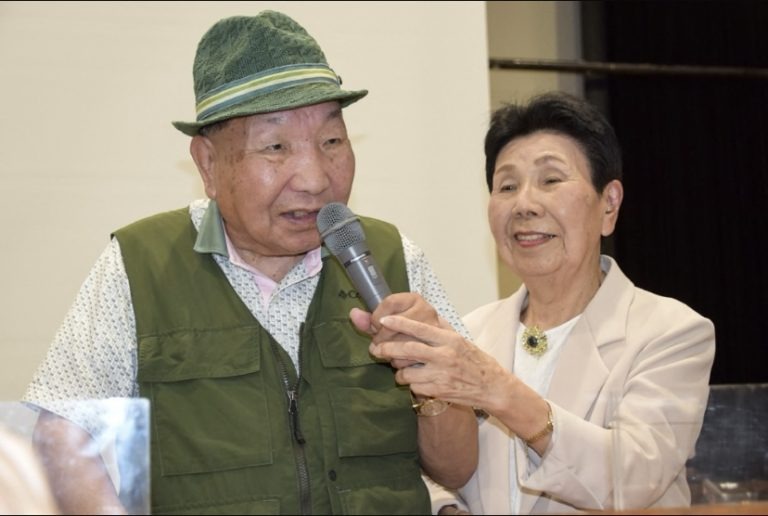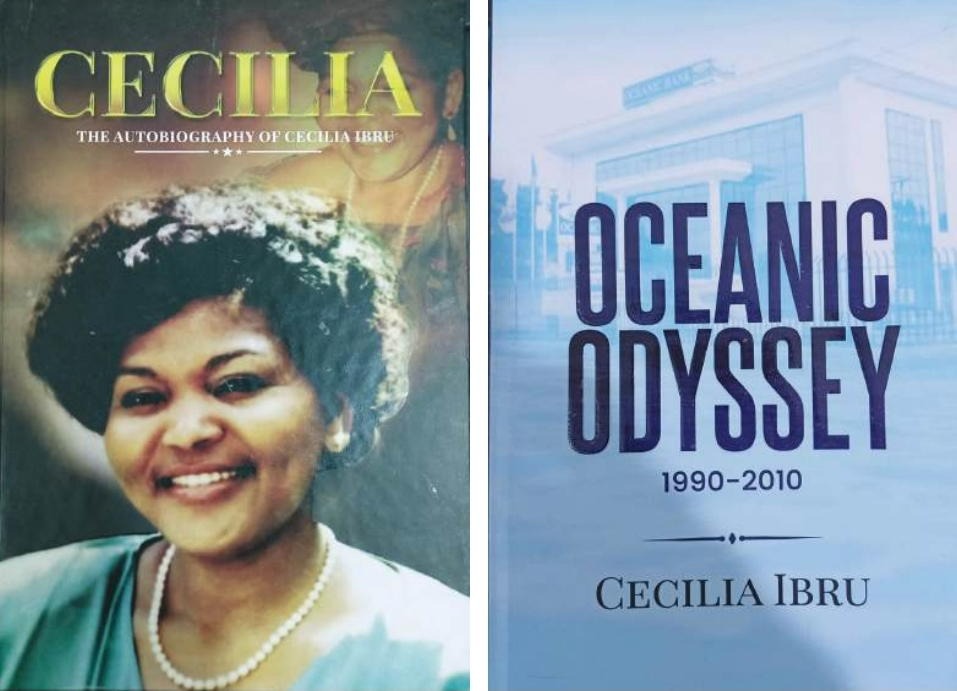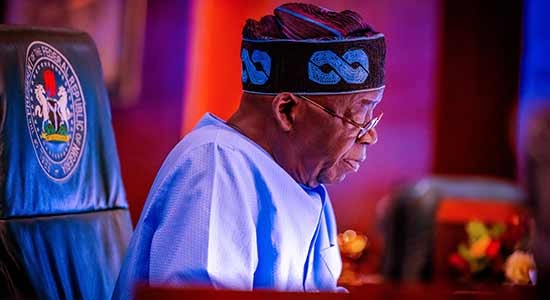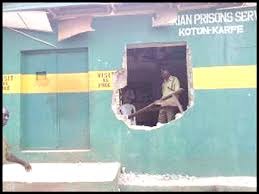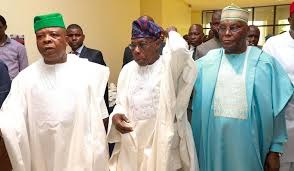In a startling twist to the political intrigues in Rivers State, Chief of Staff to suspended Governor Siminalayi Fubara, Mr. Edison Ehie, has alleged that he was offered N5 billion to coordinate the impeachment of his principal.
This is coming as Fubara, yesterday, vowed to continue to defend the interests of Rivers People, just as the Transition Monitoring Group, TMG, and Civil Society Organisations, CSOs, in the state revealed their plan to sue President Bola Tinubu’s appointed Sole Administrator of Rivers State for the alleged misuse of fund.
I was offered N5bn to impeach Fubara —Ehie
Speaking on Channels Television’s Sunday Politics, Ehie claimed he has evidence of the bribe offer stored on his phone.
He said: “I can also open my phone to show you, in the beginning of October 2023, when they approached me with a bribe of N5 billion. It is here in my phone,
“It was for impeachment. It’s here. I have it and I have printed it and distributed it, in case, in their evil imagination, they decide to attack me. I already have a son and a brother.”
Ehie said the offer was made while he was serving as the majority leader of the Rivers State House of Assembly.
He also denied claims that he orchestrated the October 30, 2023, bombing of the Rivers Assembly complex on Fubara’s orders.
The allegation was made by a former Head of Service in the state, George Nwaeke, who alleged that he witnessed a bag of money being handed over to Ehie at the Government House to execute the operation.
Dismissing the claims as false and politically motivated, Ehie said: “It is very important to clarify that I had no hand and was not part of the burning down of the Rivers State House of Assembly. Like everyone else, I woke up in the early hours of October 30, 2023 to hear of the burning down of the Rivers State House of Assembly.”
Ehie stated that he had instructed his lawyers to file a lawsuit against Nwaeke for criminal libel.
“I will not join issues completely with Mr. George Nwaeke because I have already instructed my lawyers to file an issue of criminal libel against him, and I hope he is very prepared to substantiate his claims and his allegations,” he said.
He further alleged that Nwaeke had sought financial assistance from him on the same day he resigned as head of service.
Fubara vows to defend Rivers’ interests
Meanwhile, suspended Governor Siminalayi Fubara has vowed to defend the interest of people of the state despite the ongoing crisis that degenerated into a state of emergency declared by President Bola Tinubu penultimate week.
He said: “Their goal is to create problems and deny people their means of livelihood. We will not allow that. We will continue to operate peacefully and respect constituted authority to ensure that our state remains a model for others in Nigeria,”
Fubara assured residents that the ongoing political crisis in the state will ultimately strengthen the people rather than weaken them.
He stated this when he received Muslim leaders from 20 Islamic-based groups, including the Supreme Council for Islamic Affairs, at his private residence in Port Harcourt during an Eid-el-Fitri visit.
Addressing the delegation, Fubara urged them and his supporters to trust in God’s process, saying: “This season is one of love, sharing and sacrifice. You have come to share in our pain and have made a great sacrifice through your prayers. As Christians, we believe that everything happens for a purpose, and I strongly believe that this situation is leading us toward a greater purpose.”
He acknowledged that the current political tension might leave many feeling depressed but emphasized that supernatural forces may be at play beyond human understanding.
“No matter what we see, we must remain steadfast. In all things, we give glory to Almighty God. I believe that, in the end, we will emerge stronger,” he added.
TMG, CSOs to challenge Rivers Sole Administrator in court
The Transition Monitoring Group, TMG, and several Civil Society Organisations, CSOs, have declared their intent to challenge the actions of Rivers State’s Sole Administrator, Vice Admiral Ibok-Ete Ibas (retd), in court. They accused him of unlawfully spending state funds without an approved budget.
At a press briefing in Port Harcourt, TMG Coordinator, Nathaniel Akporuvweku condemned the state of emergency and Ibas’ governance as unconstitutional. “No provision in the 1999 Constitution, as amended, allows for the appointment of a sole administrator to govern any state in Nigeria,” Akporuvweku argued.
He listed grievances against Ibas, including: Suspension of all political appointees in the state, unauthorized spending of state funds without due process, appointment of government officials without legislative approval and secret investigations of Governor Fubara.
“The ongoing political instability is distressing to Rivers people. The Sole Administrator must adopt a neutral approach to avoid worsening tensions. If he continues this unconstitutional spending, we will have no choice but to seek legal redress,” Akporuvweku warned.
He reiterated calls for President Tinubu to lift the state of emergency and restore democratic governance in Rivers State, emphasizing that the rule of law must prevail.
Don’t kill democracy in Nigeria, Dele Momodu tells Tinubu
A chieftain of the Peoples Democratic Party, PDP, Dele Momodu, yesterday, faulted President Bola Tinubu’s suspension of Fubara, his deputy and the Rivers State House of Assembly, labelling the move as “anti-democratic.”
Momodu, who spoke on Channels TV’s The Morning Brief, said that the decision contradicts the democratic ideals Tinubu once advocated.
His words: “I think it is very unfortunate. I know President Tinubu very, very, very well. Though I’ve not been in the same party with him and all that, we were together in exile, and he fought gallantly for this democracy. So a lot of us, co-comrades at that time, are actually very embarrassed that we have a pro-democracy leader in government, and yet what we are witnessing is worse than dictatorship.
“And I have said it openly so many times, in many open letters, you can fail in economy, no problem; people will forgive you and say you’re not a professor of economics. You can fail in other areas, but don’t fail in democracy.
“I’m pleading with President Bola Tinubu, ‘Please don’t kill democracy in Nigeria.’
“Everybody who loves him will tell him this. I don’t; I’ve not asked him for anything, but we love him for his contributions to the motivation in the back, which is what is going down the drain.”


